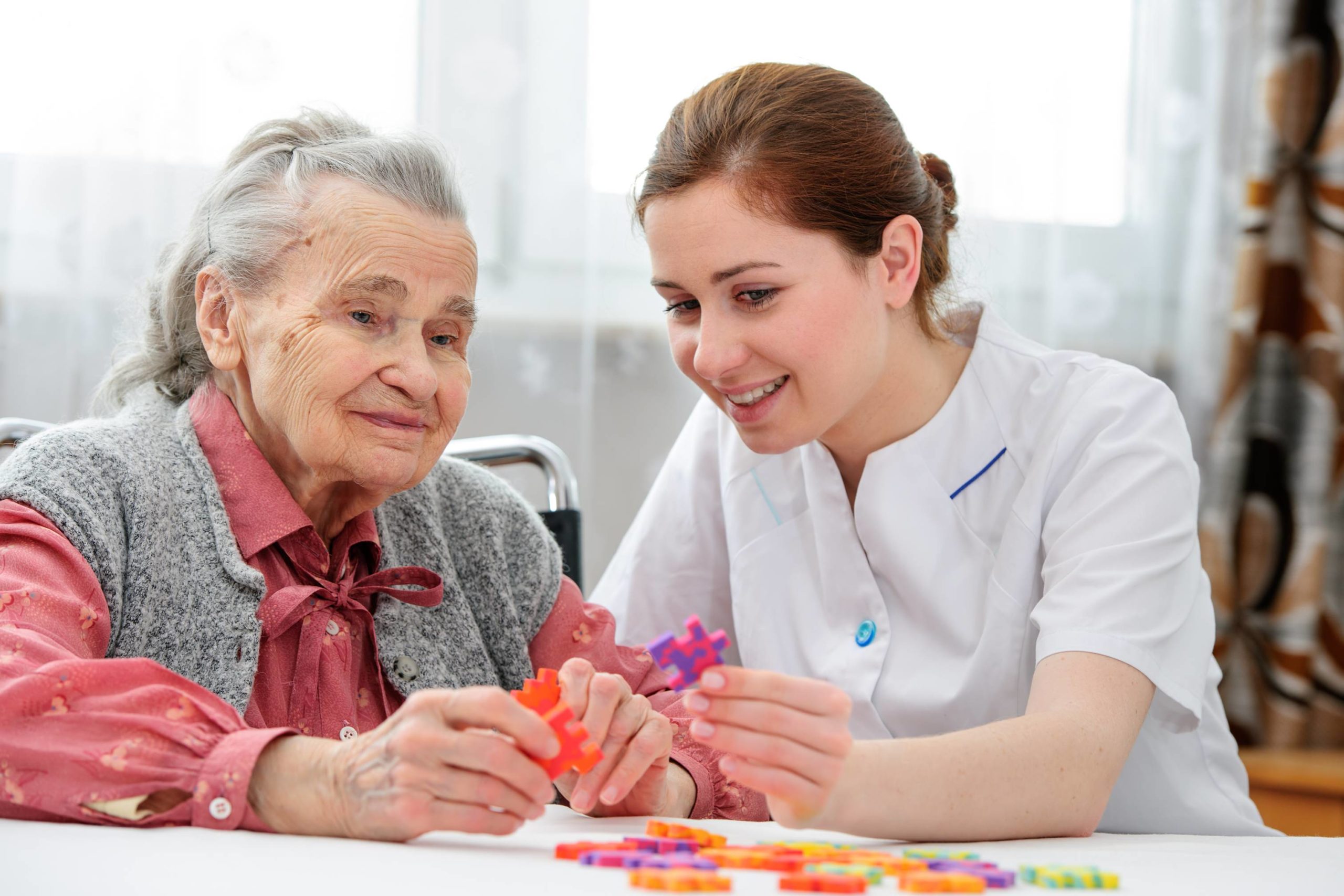Exceptional Memory Care Charlotte: Approaches for Engaging and Sustaining Residents
Exceptional Memory Care Charlotte: Approaches for Engaging and Sustaining Residents
Blog Article
Just How to Provide Personalized and purposeful Mental deterioration Treatment
The provision of significant and personalized dementia treatment calls for a nuanced understanding of each individual's unique background and choices. Treatment techniques need to be tailored to involve the person in means that resonate with their previous experiences, thereby fostering psychological links and enhancing general health.
Comprehending Dementia Uniqueness

Treatment service providers have to examine cognitive abilities, moods, and behavioral patterns to create tailored care plans. This might include adapting interaction styles, using acquainted regimens, and using meaningful activities that reverberate with the person's previous experiences. For circumstances, engaging a person with an interest for songs with musical tasks might stimulate favorable memories and improve psychological health.
Furthermore, recognizing originality cultivates a thoughtful technique that appreciates the dignity and autonomy of those dealing with mental deterioration. It urges caregivers to pay attention actively, observe behavioral hints, and remain adaptable in their caregiving methods (memory care charlotte). By prioritizing individuality, caretakers can not only improve the quality of life for those with mental deterioration yet also build a much more extensive understanding of their unique point of views, inevitably bring about more efficient and understanding treatment
Structure Trust Fund and Rapport
Developing trust and connection is essential in mental deterioration treatment, as it develops a encouraging and safe environment for people affected by the problem. Structure these links calls for regular, caring interactions that prioritize the needs and feelings of the individual. Caretakers must approach communications with compassion, acknowledging the one-of-a-kind difficulties encountered by those with mental deterioration, consisting of memory loss, confusion, and psychological distress.
Caregivers ought to utilize clear, simple language and non-verbal hints to convey understanding and support. Active listening shows regard and recognition, enabling people to share themselves without worry of judgment.
Developing a regimen can also enhance trust fund. Experience with daily activities and caretakers advertises a feeling of security, making it possible for people to feel even more secure. It is essential to engage with people on a personal level, making the effort to find out about their life history, preferences, and rate of interests. By doing so, caretakers reinforce the person's identification, advertising self-respect and respect, eventually leading to stronger, extra meaningful partnerships in the context of dementia care.
Tailoring Tasks and Interaction
Engaging individuals with dementia via tailored activities can considerably boost their quality of life and cultivate a much deeper link between caregivers and those in their treatment. Customization is essential, as it acknowledges the special histories, interests, and capabilities of each person. Activities should be created to stimulate cognitive features, advertise physical motion, and motivate social interaction, all while staying satisfying and see here now fulfilling.
To tailor tasks effectively, it is essential to assess the person's choices and cognitive capacities. In addition, integrating elements of routine can supply comfort and stability, permitting people to engage with activities much more with confidence.
Caregivers can boost involvement by taking part alongside the individuals, fostering an interactive and encouraging setting. It is additionally important to stay adaptive and flexible, readjusting tasks as required based on the person's energy degrees and mood. Ultimately, purposeful involvement via tailored tasks not only boosts people with mental deterioration but likewise improves the caregiver partnership, promoting common enjoyment and understanding.
Reliable Communication Techniques
Effective communication is vital in dementia care, as it promotes a sense of link and understanding between people and caregivers experiencing cognitive decrease. Employing efficient interaction strategies can substantially boost the top quality of communications and reduce disappointment for both events.
Firstly, using simple, clear language is important. Brief sentences and familiar words assist people understand and respond much better. In addition, preserving a calmness and favorable tone can create a comforting environment, which is essential for individuals that may feel confused or distressed.
Non-verbal interaction plays a significant function. Caregivers ought to take notice of body language, faces, and motions, as these hints can commonly communicate more than words - memory care charlotte. Establishing eye call and utilizing gentle touch can additionally communicate and enhance other connections compassion
Energetic listening is one more essential part. Caretakers should be conscientious, permitting individuals to share themselves fully, also if their speech is fragmented or uncertain. This lionizes and motivates more open interaction.
Finally, verifying experiences and sensations is important. Recognizing feelings, despite their basis actually, can give convenience and enhance the caregiver-individual connection, advertising a more supportive atmosphere.
Supporting Household Involvement
Family members participation plays a substantial function in the overall care and support of individuals with dementia. Involving member of the family develops a joint atmosphere that boosts the top quality of treatment, fosters emotional links, and ensures that the distinct requirements of the person are fulfilled. Member of the family usually possess indispensable understandings into the person's background, choices, and behaviors, which can be vital in establishing customized care approaches.

In addition, family members can be motivated to take part in day-to-day treatment tasks, such as involving in meaningful conversations or helping with acquainted regimens. This not just aids receive the individual's sense of identity however also enhances domestic bonds. Inevitably, by promoting a comprehensive strategy that values household contributions, care providers can boost the overall experience for both individuals with dementia and their loved ones.
Final Thought
In verdict, supplying significant and individualized dementia care demands a comprehensive understanding of each person's special background and preferences. Collectively, these approaches contribute to enhanced top quality of life for people with dementia.
The provision of meaningful and customized dementia treatment needs a nuanced understanding of each individual's special history and preferences. By doing so, caretakers enhance the individual's identity, advertising dignity and respect, eventually leading to stronger, more meaningful partnerships in the context of dementia treatment.
Engaging people with mental deterioration with tailored tasks can dramatically boost their high quality of life and foster a much deeper connection in between caretakers and those in their care.Family members participation plays a substantial function in the overall treatment why not try here and assistance of individuals with mental deterioration. Eventually, by promoting an inclusive strategy that values household contributions, treatment carriers can improve the overall experience for both people with dementia and their liked ones.
Report this page